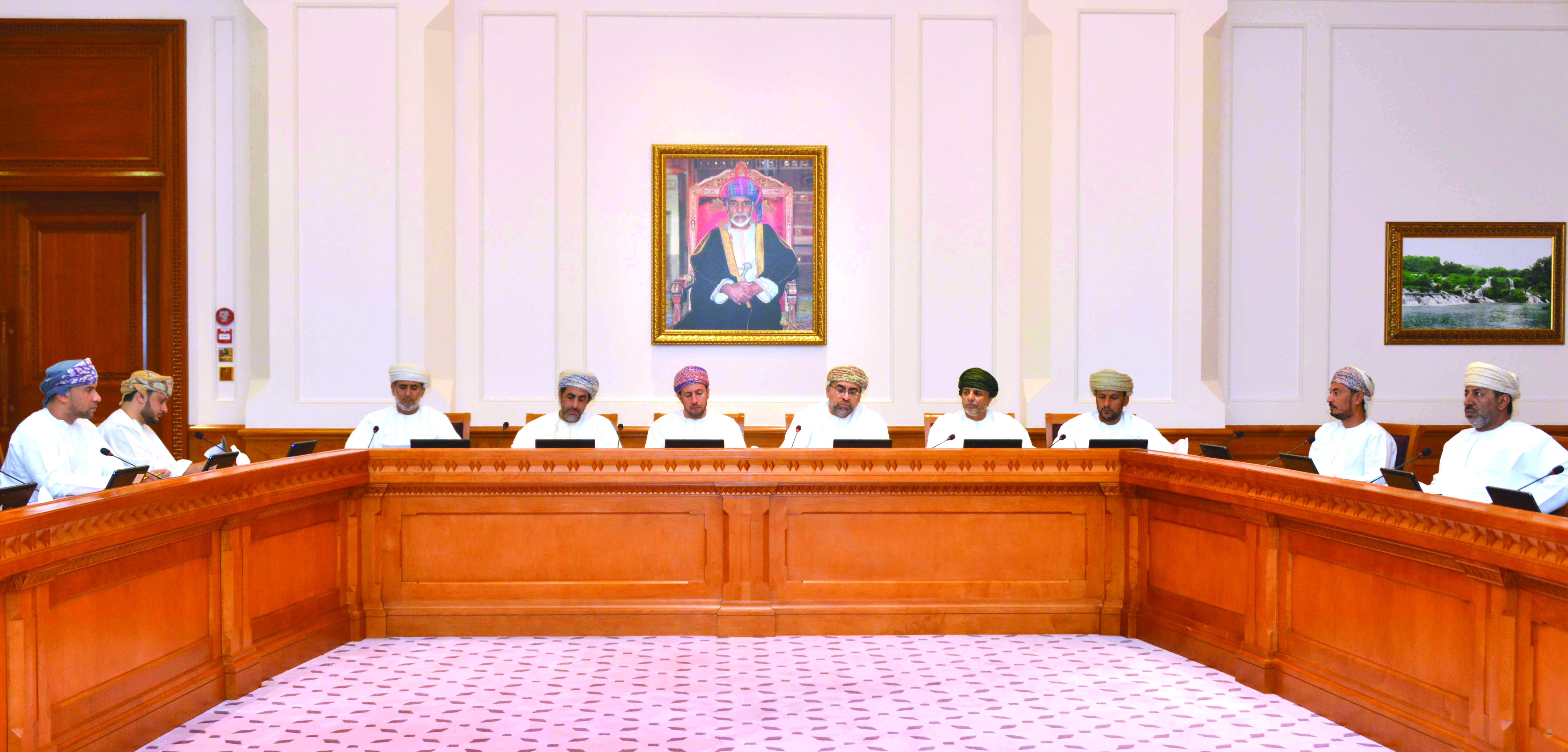
Muscat: A four-month meticulous study on the Omanisation plan in the Sultanate has called for an increase in the percentage of local workforce in “leader and supervisory roles,” a top Majlis Al Shura member told the Times of Oman (TOO).
Read also: Majlis Al Shura discusses Omanisation in private sector supervisory positions
The report prepared by the Youth and Human Resource Committee of the Shura and submitted to the Shura’s bureau office will be debated for final recommendations on Tuesday, according to Committee Head and Shura member, Mohammad bin Salim Al Busaidi.
Get your essential daily briefing delivered direct to your email inbox with our e-newsletter
“The report will be debated and the final conclusions will be announced soon in the Shura Council,” he told TOO. Al Busaidi said the study was launched to understand the status of the Ominisation in the leader and supervisory job roles “and we have suggested an increase in the percentage or Omanisation at this level.”
He further said no studies have been conducted on the specific issue (Omanisation in leader and supervisory roles) before and “we had to start from scratch and collect information.”
“We didn’t have any reports or conferences on this subject. That made it little difficult,” he stated.
He added that the committee had met all the stakeholders in preparation of the report.
“It was the right way to understand the problem and challenges and come up with some suggestions, and ensure that we do not disturb any side—neither the employees nor the companies, he said.
“Also, it (Omanisation in leader and supervisory roles) should be implemented gradually without affecting the performance of the company,” Al Busaidi stated.
In preparation for the study, he said, the committee had tried to explore the challenges business owners, companies, or Omanis themselves as employees, face.
“We have also included the views of the government, the Ministry of Manpower and Registry for Human Resources. We also sat with many specialists for human resources, managers of the companies, and the Oman Society for Human Resources Management. We also met members of the Chamber of Commerce. So we had lots of meetings with various government organisations to collect these numbers and figures,” he added.
Stay ahead of the rest and download our free WhatsNews app for Apple, Android or Blackberry
Nationalise positions
Meanwhile Tonia Gray, general manager at Competence HR, told TOO that is important for Oman to nationalise positions where possible, which needs to be done in a “careful” and “measured” manner.
“It is paramount that the individual who is offered the job has relevant experience and skills necessary to undertake the job effectively. Whie it is possible in some instances to reduce the criteria set for the position this should not be done to the detriment of the business as a whole,” she added.
She further said: “If the right person is in the position, holding the right experience and skill sets, then the company as a whole stands a better chance of growing and making a profit, thereby potentially leading to expanding its workforce further allowing more nationals to be considered for jobs.” Mohammad Al Farji, a member of the Oman Trade Union, said: “It’s good. We need more Omanis at the top level. Two years ago also, we had suggested that the Ministry of Manpower should create more leaders in the private sector,” he said.
However, he said Oman can’t function without expat leaders.
“We can’t work without them. They are important. However, currently there are 90 per cent expats working at the top level, which has to change. We need to reduce this number. In any country, you will find more locals than expats at the supervisory level, but here it’s the opposite,” Al Farji added.
Committee discusses budget crisis
A draft report that included several solutions, proposals and views that would alleviate the financial burdens on the Sultanate’s state budget, as well as rationalising general expenditure and enhancing the state general budget were discussed by the Committee on Studying Economic Crisis and its Impacts on the Community at Majlis Al Shura yesterday.
The committee also discussed outcomes of hosting the Executive President of the Central Bank of Oman (CBO) in light of the themes that were addressed during the meeting.
The committee also studied several challenges and difficulties encountered during the study on the economic crisis, as well as a range of proposals and ideas that target increasing the contribution of non-oil sectors and non-reliance on oil as a main source in enhancing revenues of the state general budget.
The committee held its 9th regular meeting of the 1st annual sitting (2015 – 2016) under the chair of Tawfiq bin Abdul Hussein Al Lawatia, Head of the Committee.